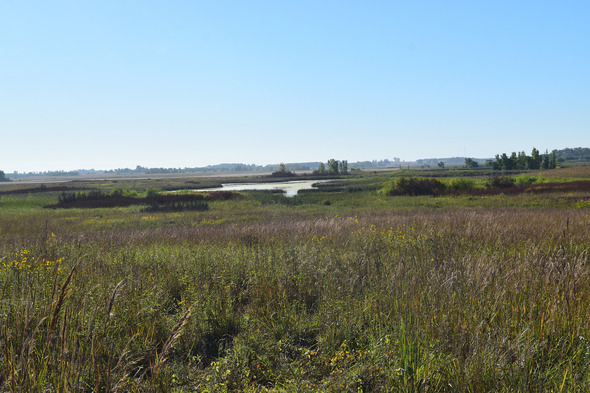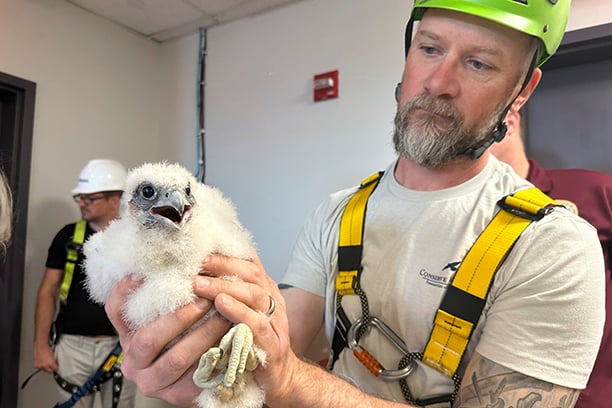Hanlontown Slough’s prairie and wetlands attract wildlife and hunters to Iowa’s Worth County – Outdoor News

A narrow strip of land, two plus miles long, with a history of being too wet to farm, has become an important waterfowl production area, home to other species in need of conservation and serving to improve water quality in the Cedar River watershed.
That piece of land, north of Hanlontown in Worth County, Iowa, has been developed into a high-quality public area, supporting waterfowl, remnant and reconstructed prairie, while positioned as an important basin to improve water quality.
“You talk about a duck hunter and pheasant hunters’ dream, this is it,” said Rob Patterson, wildlife biologist with the Iowa Department of Natural Resources (DNR). “The diversity of hunting and recreation is here.”
MORE COVERAGE FROM OUTDOOR NEWS:
Three ways to (sort of) beat a buck’s nose
Smokepole 101: Here’s what you’ll need to get started hunting with a muzzleloader
Jeremiah Haas: Sportsmen provide much value to our communities
The Natural Resources Conservation Service brokered the project involving 11 different landowners who sold areas of their farms that were more natural wetlands than natural farmland to the U.S. Fish and Wildlife Service in 1998.
Early habitat work focused on diversity and getting the prairie established. Totaling 950 acres, Hanlontown Slough has 13 restored wetlands with 350 acres of wetland habitat bordered by prairie. It’s a major stopover for trumpeter swans in the spring, and is a waterfowl production area, managed in partnership between the Fish and Wildlife Service and the Iowa DNR.
Hanlontown Slough stretches from northwest to southeast where visitors can walk more than two miles without stepping off public land. The larger, open water wetland offers paddling opportunities among the wetland plants, where visitors can see Blandings turtles, waterfowl and other wetland wildlife. A boat ramp is on the southwest corner.
Moving southwest along the main dike, a flock of blue wing teal nervously take flight, along with a pair of Canada geese. Two egrets and a raft of coots move to the other side of the wetland.
Habitat management includes targeted grazing, targeted haying and the use of prescribed fire to keep the prairie and wetlands open. The maintained firebreaks are good places to take a walk or to birdwatch. The willow bats and other tree encroachment into the wetlands and prairie will be removed mechanically by pulling or cutting, or by spraying.
Signs of remnant prairie are visible along the wetland outlet where the asters and sawtooth sunflowers were blooming. Pheasants can be heard crowing to the south. Two trumpeter swans are flying over a picked beanfield on this cloudless and calm fall morning.
“It takes a little more coordination between the agencies, but is a great opportunity for us and is a good partnership,” Patterson said.







